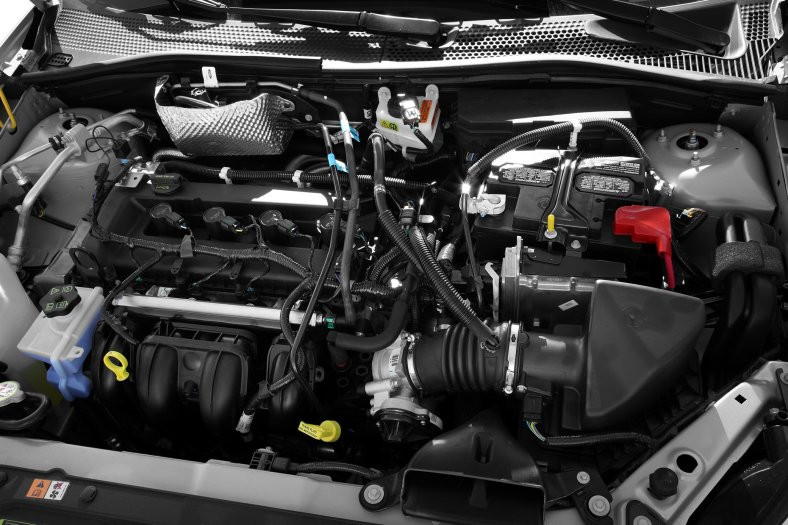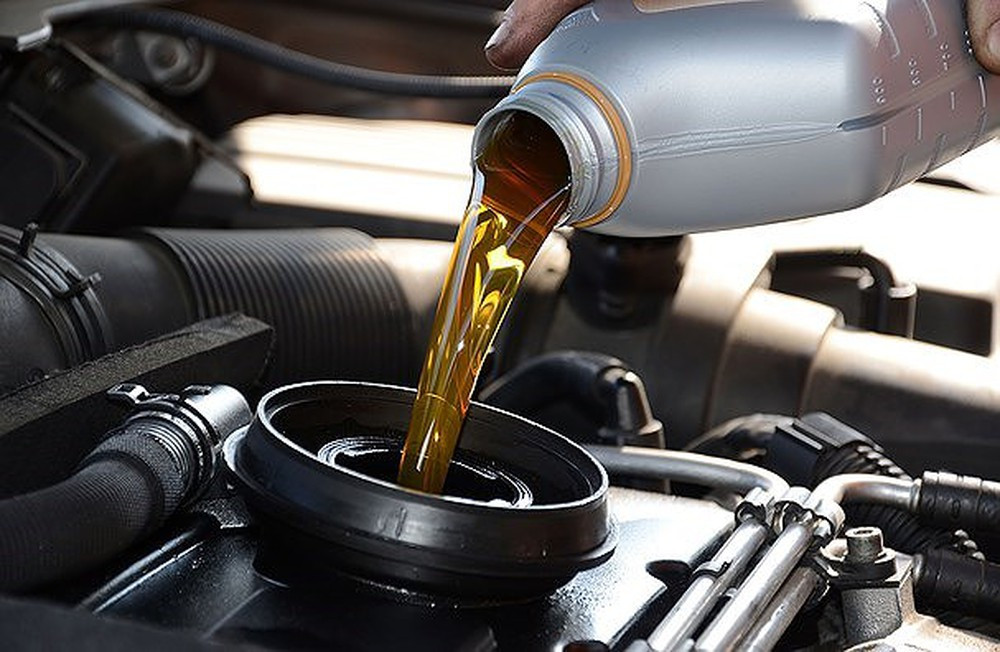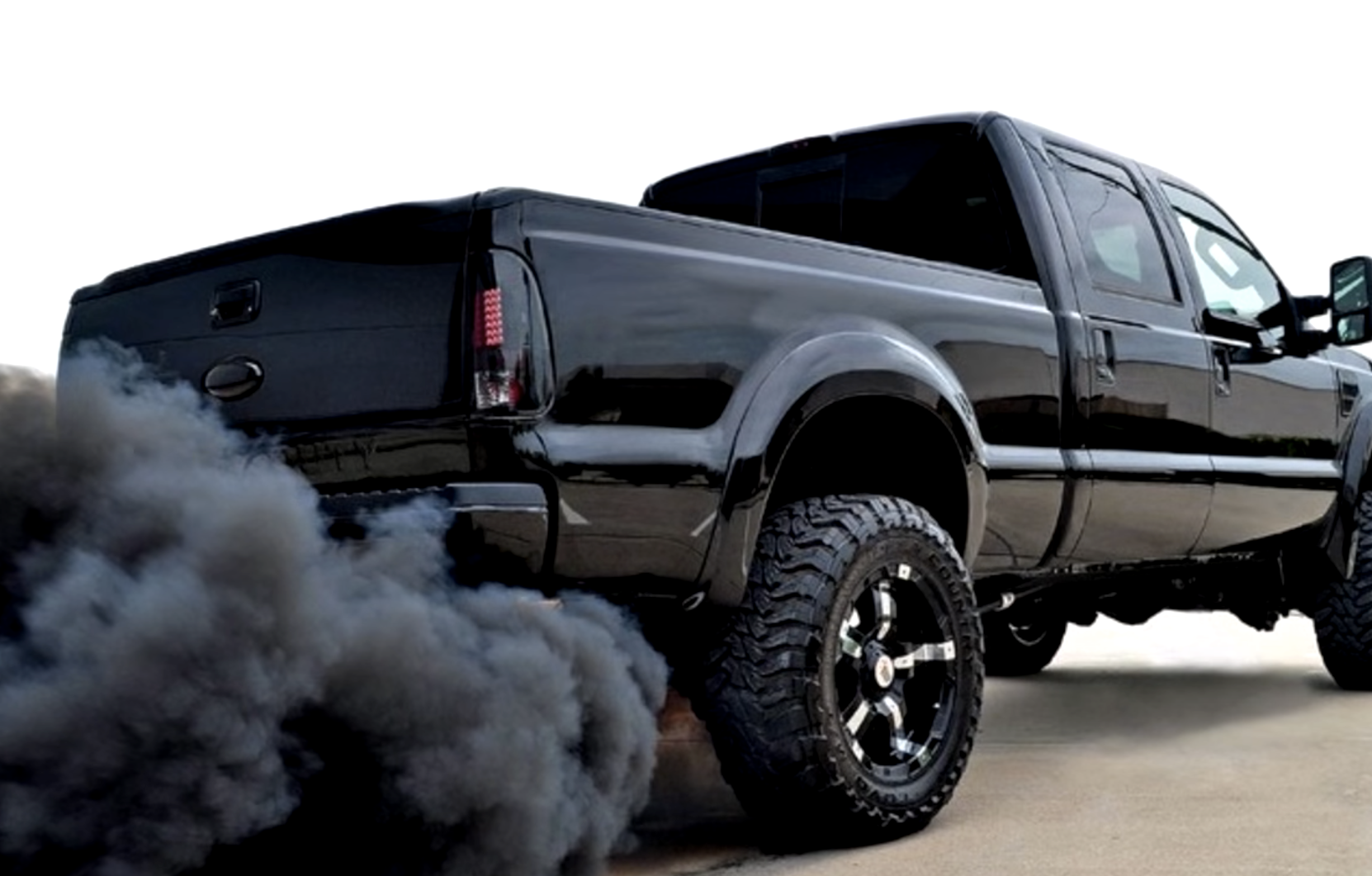Changing engine oil too often - 5 harmful effects drivers don't know
(Baonghean.vn) - Engine oil has a great influence on the life of the engine. Therefore, many people often add a little more oil according to the idea that "too much is better than not enough". However, adding too much oil will leave unpredictable consequences, not all drivers know.
1. Create pressure on machine parts
 |
At the beginning and end of the crankshaft there are seals to prevent oil leakage. If too much oil is poured in, it will create high pressure in the engine. As a result, the oil in the engine will exert force on the seals, which will eventually lead to oil leakage. More dangerously, if not detected in time, this amount of oil can overflow the flywheel, causing clutch slippage.
2. Can bend or break connecting rod
Not only water entering the engine can cause the connecting rod to break or bend, but the excessive resistance from excess oil can also cause the crankshaft and connecting rod to endure more friction when in contact with the oil, causing them to bend and, more seriously, can cause the engine to break.
3. Air bubbles appear in the oil
 |
When too much oil is poured, the excess oil has no place to circulate, when the engine is running, the shaft rotates, the excess oil will be mixed with air and foam will appear. Foamy oil cannot lubricate the machine parts well, over time it will lead to overheating and gradually damage the engine parts.
4. Engine gasket tear
Engine gaskets have the function of sealing the gaps between parts. When adding too much oil, exceeding the tolerance of the engine, it will create pressure that tears and cracks the gaskets, causing oil leakage. When these gaskets are cracked or loose, it will cause a lack of oil, forcing the oil to be added continuously.
5. Causes black smoke
 |
Too much engine oil will overflow into the combustion chamber and burn with the gasoline + air mixture, causing black smoke when discharging exhaust gas. If not fixed soon, it will clog the catalytic converter, and will break the turbocharger for vehicles using a turbocharger system.

